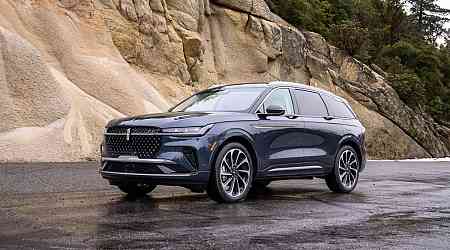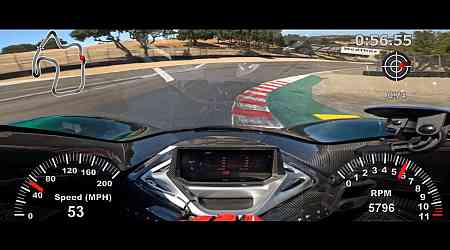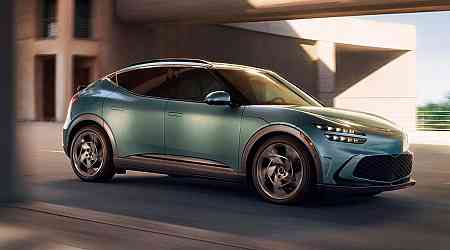- Plug-in hybrids are way more expensive than electric vehicles right now.
- Hybrids are having their best year ever.
- Plug-in hybrids are a good compromise, but shoppers are still following the deals.
You might want to start saving up if you're looking for a plug-in hybrid.
These cars, equipped with an internal combustion engine to take over when the battery powering the vehicle runs out of juice, have become an alluring compromise for a new group of more practical green-car shoppers.
That's giving new life to the once-withering hybrid segment. Car companies are leaning into this segment more than ever, changing production and sales strategies to meet the growing demand for hybrid cars.
For drivers who can't commit to a fully electric car due to range anxiety for longer trips, a plug-in hybrid offers the best of both worlds. These cars can run on battery power alone before a gas-powered engine kicks in, allowing daily commutes to be zero-emissions. At the same time, a longer trip can include a mix of battery-powered and gas-powered miles.
But there's one problem: plug-ins are getting expensive.
Shoppers looking for a more practical alternative to a fully electric car might be shocked to find that the average plug-in hybrid sold for around $62,985 in July, according to data from the car-shopping website Edmunds. That's $4,366 more than the average pure electric car sold for, the firm found.
It wasn't always this way. As recently as the spring of 2022, the imbalance tipped in the other direction, with the average EV selling for about $4,000 more than a plug-in hybrid, according to Edmunds' data.
A new day for hybrids
Hybrid cars, once considered a relic of the pre-Tesla EV market, are having their best year ever. Sales were up nearly 31% in the second quarter of this year, according to data firm Wards Intelligence.
After lobbying from car manufacturers and their unions, the Biden Administration wrote the newly popular plug-in hybrids into its finalized rule for boosting electric car sales, allowing these vehicles to account for at least 13% of new car sales by 2032 to meet new emissions standards.
This was considered a big win for car companies, who argued the original rules that excluded partially electric cars were unrealistic.
Manufacturers are responding in kind.
In late August, Ford announced it was canceling long-held plans for electric three-row SUVs and replacing them with hybrid models. This strategy shift will initially cost the company nearly $2 billion, but it will replace unprofitable cars with ones Ford knows it can make money on.
"It's coming back to understanding the customer, " Ford Chief Financial Officer John Lawler told reporters, emphasizing the need for its battery-powered cars to be profitable within two years of launch.
Last week's pivot adds to Ford's strategy of prioritizing hybrids to attract new customers to the brand.
Green car shoppers still follow the deals
Despite rabid demand for hybrids, the plug-in variety of these cars is sitting around on dealer lots for longer than their fully electric counterparts, according to Edmunds. EVs in July spent around 81 days on a dealer lot before being sold, while plug-in hybrids sat around for 84 days.
Despite the appeal of plug-in hybrids, which are the perfect compromise for someone nervous about access to charging, affordability appears to supersede all for electric car shoppers.
You can see that reflected in the popularity of hybrids without the plug-in feature, which are much less expensive than either battery-electric cars or plug-in hybrids.
These cars, which only spend a relatively low average of 30 days on a dealer lot, had an average transaction price of $43,142 in July, according to Edmunds. That's $4,574 cheaper than the price paid for any new car that same month.





























